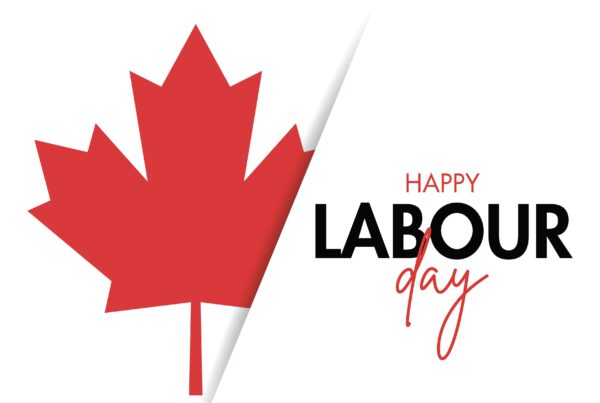In many spheres of society, aided and abetted by the echo chambers of social media, things are coming unhinged. On social media, you don’t get to look the other person in the eye and see another human being with its strengths and weaknesses – a flawed human being just like you. Social media facilitates the emergence of ideological tribes and at the same time, makes it easy to dehumanize others, both young and old. Social media also favours anonymity and some people become remarkably courageous with their identity comfortably hidden behind a pseudonym.
Our collective reaction to such a challenge should be to build more bridges. Instead, at a time when we should all be striving harder than ever to act in a more caring way towards each other, a “take no prisoners” attitude is taking root. Camps form and harden around special interests, conflicts of all kinds multipy and armed mobs of the virtual kind claim the right to administer their own form of justice onto others, from shaming and shunning to the online equivalent of summary executions.
It’s a slippery slope. As I wrote in another article in October of 2017:
“Outrage is the rightful reaction to some situations but it should be invoked with care. Intolerance cuts both ways and extreme reactions have a way of causing extreme counter-reactions. I would rather try to win over new allies through dialogue and education than push entire segments of the population into hardened positions for the sake of making a public example of every misguided individual I come across.”
As Clausewitz famously said, “War is the continuation of politics by other means.” Conflict lives on a broad continuum and it’s often hard to say where the boundaries were crossed between the various points of escalation, from a simple disagreement to total war – whether real or virtual – where everything is believed to be permitted. But as countless societies have learned the hard way throughout history, “take no prisoners” is a policy that all sides can put into effect. Once this line is crossed, things tend to spiral out of control. Fast.
That’s why in war we have the Geneva Conventions and that’s why many liberal democracies enshrine protections and safeguards such as Due Process – both procedural and substantive; safeguards that are crucial to our way of life but that are only effective when there is a broad consensus around shared rules of decency and the importance of respecting others – if only for reasons of collective and personal self-preservation.
Around the world, this consensus is being pulled apart; societies are becoming more polarized and less caring; rational discourse is being replaced by the most strident of screaming and whoever has the upper hand in a given place at a given time (a town hall meeting, a university speaking engagement, a social media platform) plays its advantage for maximum gain here and now – and damn the consequences tomorrow.
You may feel secure in oppressing others when you and your friends have the numbers but what if you ever find yourself in a dark alley in an unfriendly part of town where you and your friends don’t have the upper hand? You’re part of the majority in your village? But what if you’re part of the minority in your country? However you define your community of reference – town or country, family, school, workplace or professional association – imposing your way through force and coercion is nothing but an open invitation to others to do the same onto you.
It’s quite simple, really: The fact that you have the ability to crush your enemy doesn’t mean that you should do so. Mob justice cuts both ways and the best way to preserve us all is to collectively agree on standards of behaviour that, while they may feel like they rob us today of our ability to administer our righteous justice onto others, may well protect us one day against their own arbitrary sentences.
In pressing our advantage today, whether in the real world or in the in virtual one, we tend to forget that we will still have to live together tomorrow. History has taught us that mob justice and “take no prisoners” policies are always worse than the ills that they are meant to replace. We are collectively in for some difficult and painful times if we don’t start stepping back from the brink.



